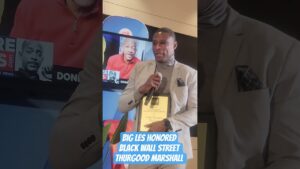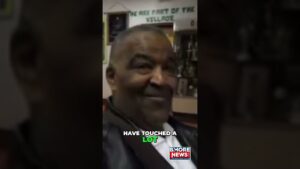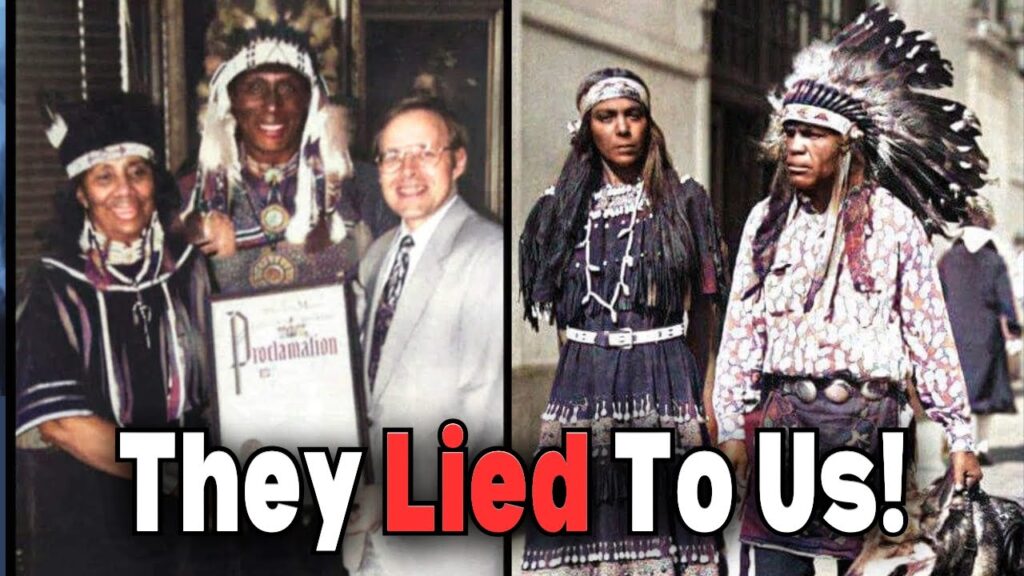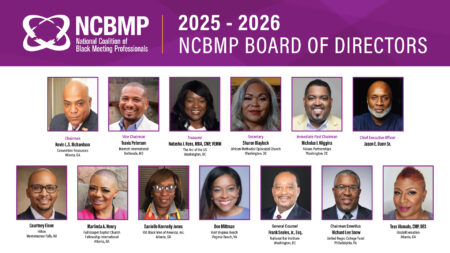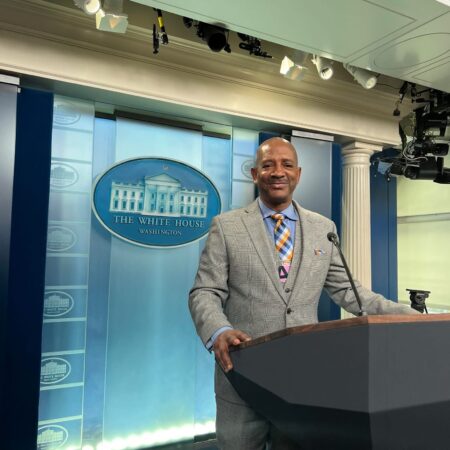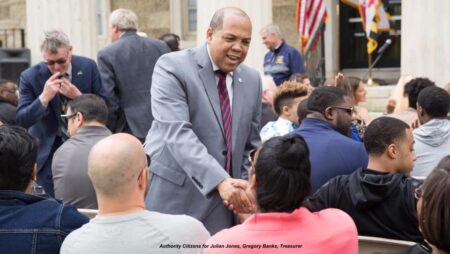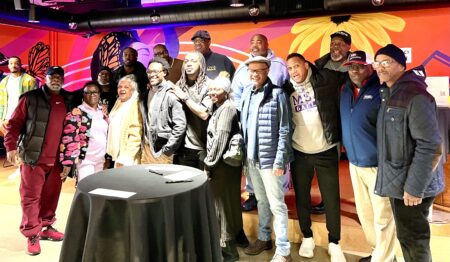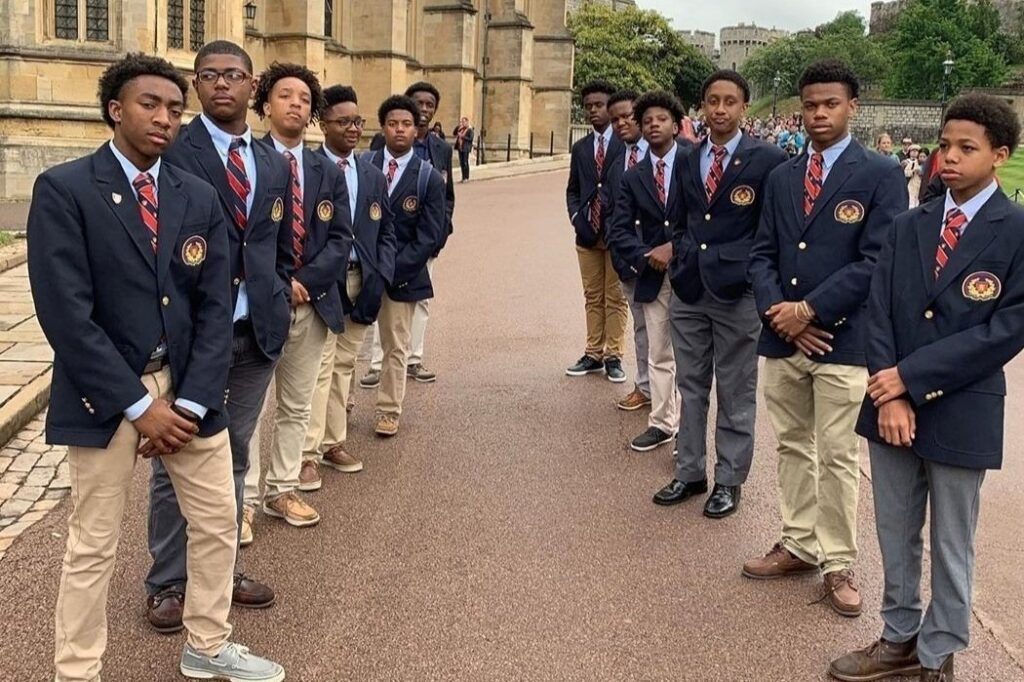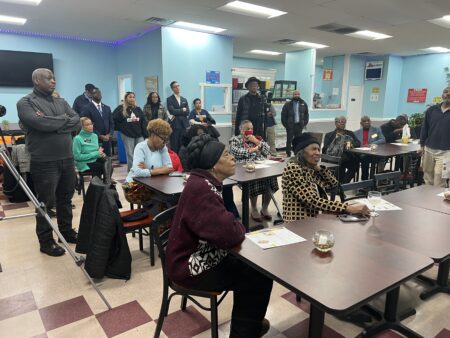(BALTIMORE – August 15, 2025) – If I can convince you that you came here from somewhere else, I can erase any possibility of you finding out your lineage was here all along. That’s exactly what happened to countless Native Black Americans. Through “paper genocide” — changing birth, census, and tribal records — entire families were reclassified.
One of the most notorious examples was the Dawes Commission in the late 1800s. They created the Dawes Rolls to register citizens of the Cherokee, Chickasaw, Choctaw, Creek, and Seminole Nations. But if you had African ancestry, you were often forced into the “Freedmen” category instead of “by blood,” even if your family had deep Native roots. That single line on a government ledger stripped you — and all your descendants — of land allotments, treaty rights, and legal recognition.
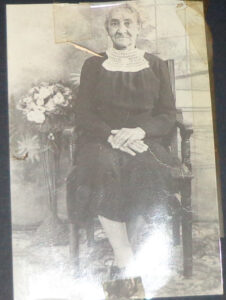
Once your Native identity was erased on paper, the door was open for another narrative: you were told you were only a descendant of the Trans-Atlantic Slave Trade. And now, generations later, we’re paying companies like Ancestry.com to tell us which country in Africa we “came from.” Add in a watered-down, repackaged religion introduced by conquest — and, most importantly, the loss of Indigenous land — and you see how deep this deception runs.
How many of us heard family stories about “being Indian”? I did. My father told me my grandmother, Mollie Morton, was Blackfoot Indian. He described her as stoic, strong, and graceful — able to carry a bucket of water on her head and one in each hand without spilling a drop.
Even as a child, I felt a pull toward Native culture. Watching cowboy-and-Indian movies, I always rooted for the Indians. I had all the G.I. Joes, but my Geronimo doll was my favorite. At three or four years old, I already sensed something wasn’t being told.
Today, at 60, I know major pieces of our history are resurfacing. Scholars like Michael Lane at nativeblackancestry.com have done the genealogical work, showing how reclassification erased Native Black American identity from official records. He asks one simple but powerful question: Black people, how can you prove you are from Africa?
I’m not saying all Black people in America are Native Black Americans. But how many are? And if we are, we are owed reimbursement through the courts, restoration of Indigenous rights, and the benefits our ancestors were denied. Lane’s work points us toward what has been hidden — and what has been in plain sight, like the thousands of mound pyramids across North America.
I believe I have roots here — autochthonous roots, foundations laid long before the first slave ship docked. I acknowledge African ancestry, but I also know in my spirit that part of my lineage comes from these very shores. Now it’s time to finish pulling the paperwork.
FREE eBook: Unlock the truth they never taught you. Enter your email to receive a guide on the reclassification of Black Indians and reclaim your Native Black American heritage.
Visit: nativeblackancestry.com
_________________________________________________
RELATED STORIES

